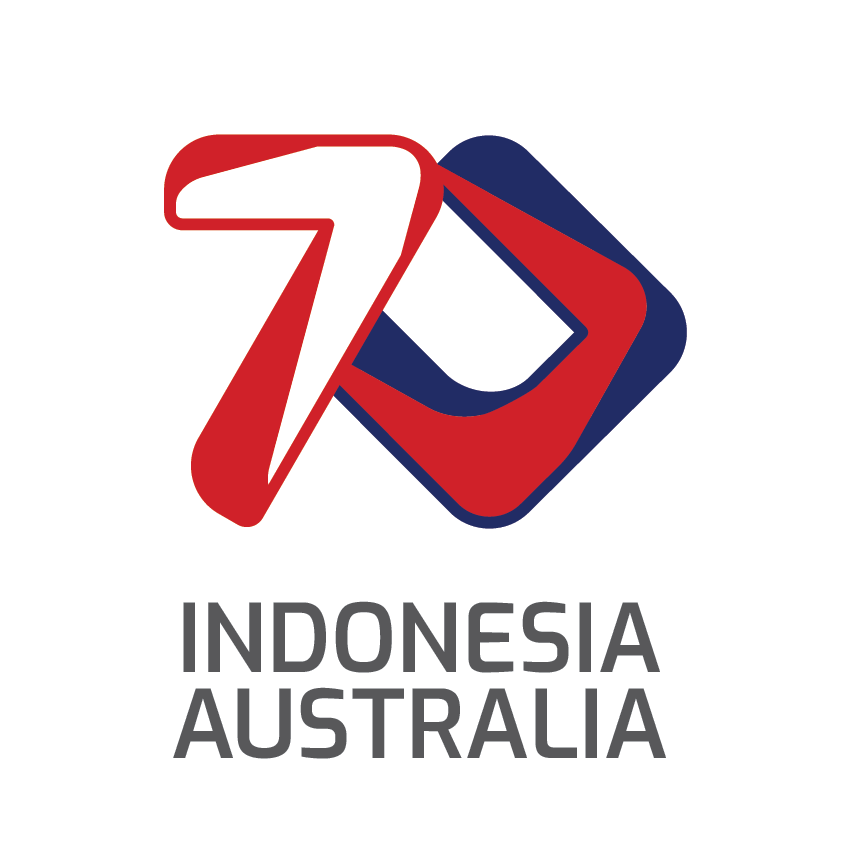Australia-Indonesia Muslim Exchange Program (MEP)
Established in 2002, the Australia-Indonesia Institute’s Australia-Indonesia Muslim Exchange Program (AIMEP) nurtures the ongoing contact between emerging leaders of Muslim communities in both Australia and Indonesia.
Established in 2002, the Australia-Indonesia Institute’s Australia-Indonesia Muslim Exchange Program (AIMEP) nurtures the ongoing contact between emerging leaders of Muslim communities in both Australia and Indonesia.
Run in conjunction with the Australian Embassy, Jakarta and Paramadina University, the program also builds links between Muslim community representatives and other religious, ethnic and community groups in both countries.
Each year, the AIMEP provides participants with the opportunity to experience each nation’s diversity, culture and traditions first hand, allowing participants to return home and share with their own communities what they have seen and learnt.
‘Islam is the most important religion in Indonesia and Muslims are one of Australia’s fastest growing communities,’ explains AIMEP manager, Rowan Gould.
‘By fostering friendship between these two groups, we enable them to act as ambassadors to each other’s communities and to promote cooperation and understanding between the two nations.’
Successful applicants travel to their neighbouring country for a period of two weeks.
Activities include meetings with academics, community organisations (including youth and women’s organisations), religious leaders, schools, the media, and government representatives.
There are also sporting and cultural activities, tours of important sites, and most importantly, the chance to engage with ordinary Australians and Indonesians in their daily lives.
On their return, participants are expected to make a commitment to integrate their experience into their existing networks.

